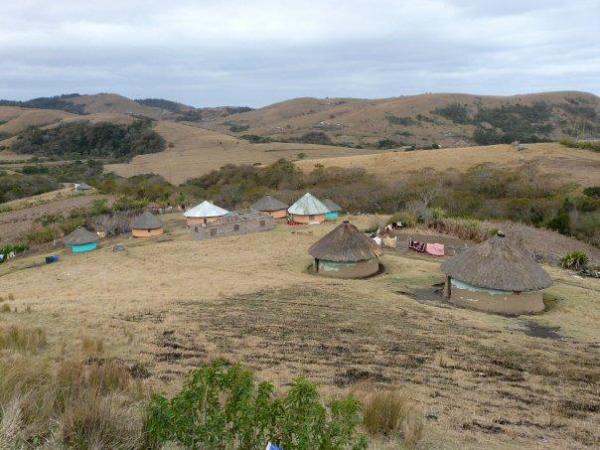Back from initiation school

Most Xhosa and Sotho boys in the Western Cape will go for their initiation during the festive season. We spoke to two.
In many cultures, boys have to go through an initiation ceremony to become recognised as men. In Judaism 13-year-old boys have a barmtizvah. In Xhosa and Sotho culture, the initiation process takes place in a remote area, referred to as “the bush” or “mountain” and includes circumcision. The Xhosa initiation ceremonies have been controversial because many boys get hospitalised and there are numerous reports of botched circumcisions.
Wonga Juliwe, who is Xhosa, is 21 years old and from Khayelitsha. He went to initiation school in December. Juliwe says he was worried when he went but once everything was done on the first day, he was then happy to have become a man. “The most stressful part is when you have to go to the clinic and see a doctor before going to the mountain. I had to do an HIV test and check if I don’t have sexually transmitted infections that need to be treated before I go. That was really stressful but after I got my results I knew there was nothing to stop me.”
In the past few years there’s been reports about young boys who get sick and sometimes end up losing their lives. Juliwe chose to see a doctor, but many boys don’t.
Thuso Molefe, who is Sotho, is 17 years old and also from Khayelitsha. He decided not to go to the clinic. Molefe says it is against his culture for a boy to go to the clinic before going for initiation. “Our parents takes us to a traditional healer to get something that will keep us strong during our stay in the mountain,” he said. Nevertheless, Molefe believes it would be a good thing to have gone to a doctor, despite his parents’ decision.
Interestingly, Molefe also told Groundup that his parents decided not to follow the Sotho tradition on circumcision. Instead they took their children to be circumcised in the hospital. So on some aspects tradition is not being followed. “Having a [medical] circumcision shouldn’t be an issue. Times have changed. In our time we are facing lot of challenges such as HIV. We do get educated about these issues, but sometimes it’s hard to pass the message to our elders,” said Molefe.
Next: So, who’s Coloured?
Previous: Farmworker protest

This article is licensed under a Creative Commons Attribution-NoDerivatives 4.0 International License.


